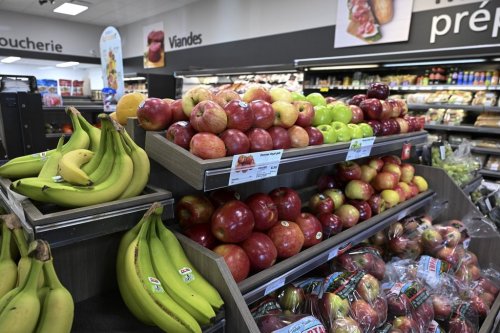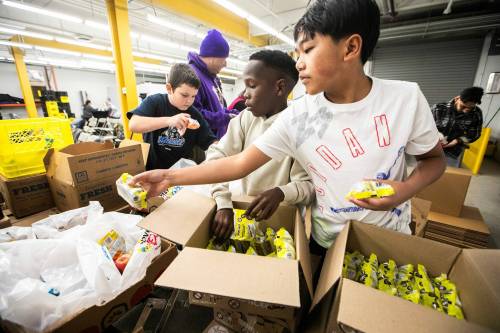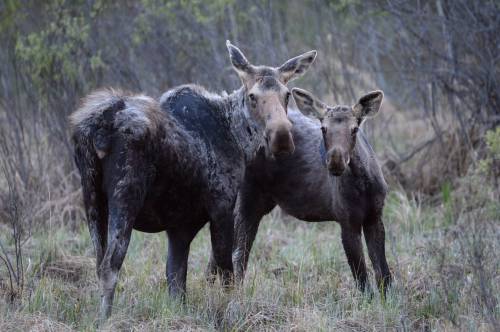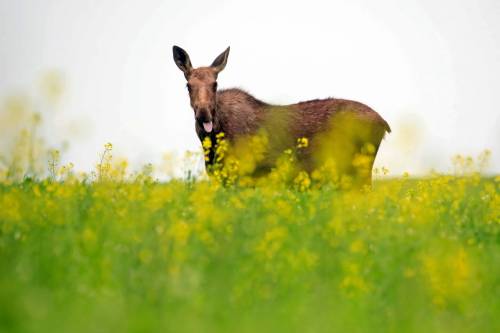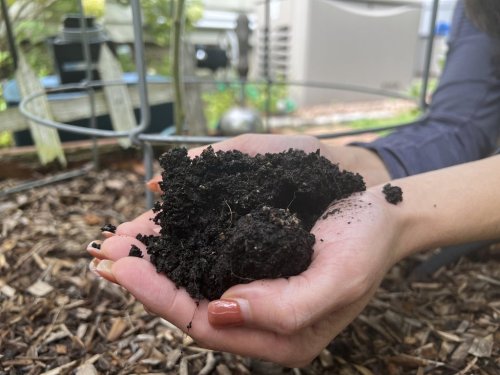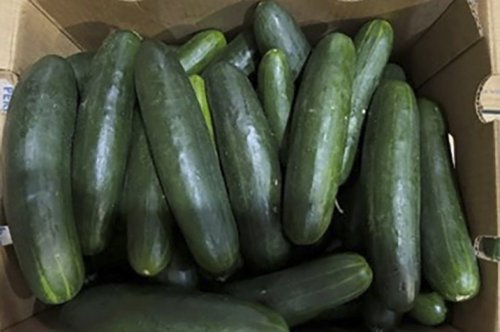Food and Nutrition
Please review each article prior to use: grade-level applicability and curricular alignment might not be obvious from the headline alone.
Canadians seeking ways to save on groceries as food costs remain top concern: survey
4 minute read Preview Friday, Nov. 21, 2025Harvest Manitoba expands weekend snack program in province
3 minute read Preview Tuesday, Nov. 18, 2025Hurrying hard for Jamaican flavours infusing West St. Paul Curling Club
7 minute read Preview Saturday, Nov. 8, 2025Foraging revival: How wild food enthusiasts are reconnecting with nature
5 minute read Preview Wednesday, Oct. 15, 2025Only moratorium can save moose population: MWF
4 minute read Preview Wednesday, Sep. 24, 2025Going with the flow: Molten master plan quickly bears fruit for dessert enterprise
8 minute read Preview Saturday, Sep. 20, 2025Will electric tractors gain traction? At a pilot event for farmers, researchers see possibilities
7 minute read Preview Friday, Oct. 10, 2025Homemade Cooking School: Squash your aversion to veggies
5 minute read Preview Tuesday, Sep. 16, 2025Province creates hunting buffer zone on Bloodvein First Nation
3 minute read Preview Monday, Sep. 15, 2025Canadian farmers facing harvest cash-flow crunch, talking support
4 minute read Saturday, Sep. 13, 2025Canadian farmers are understandably disappointed the federal government’s response to China’s punishing import tariffs on canola, pork, peas and seafood hasn’t so far included direct compensation.
After all, the duties are widely seen as retaliation for Canadian tariffs effectively locking Chinese electric cars out of the local market — a policy decision that had nothing to do with agriculture. This is the second time in recent memory China has targeted Canadian farmers to score points on unrelated issues. It’s unlikely to be the last.
While the full impact remains unclear, when Canada’s second-largest canola customer imposes tariffs of 75.8 per cent on seed and 100 per cent on oil and meal, it’s a safe bet demand will be curbed and prices will be lower than they would have been otherwise. Industry estimates place the eventual costs in the range of $2 billion.
However, commodity prices this year are depressed across the board — for a host of reasons. Much of the new-crop canola has yet to be harvested and very little has been sold.

